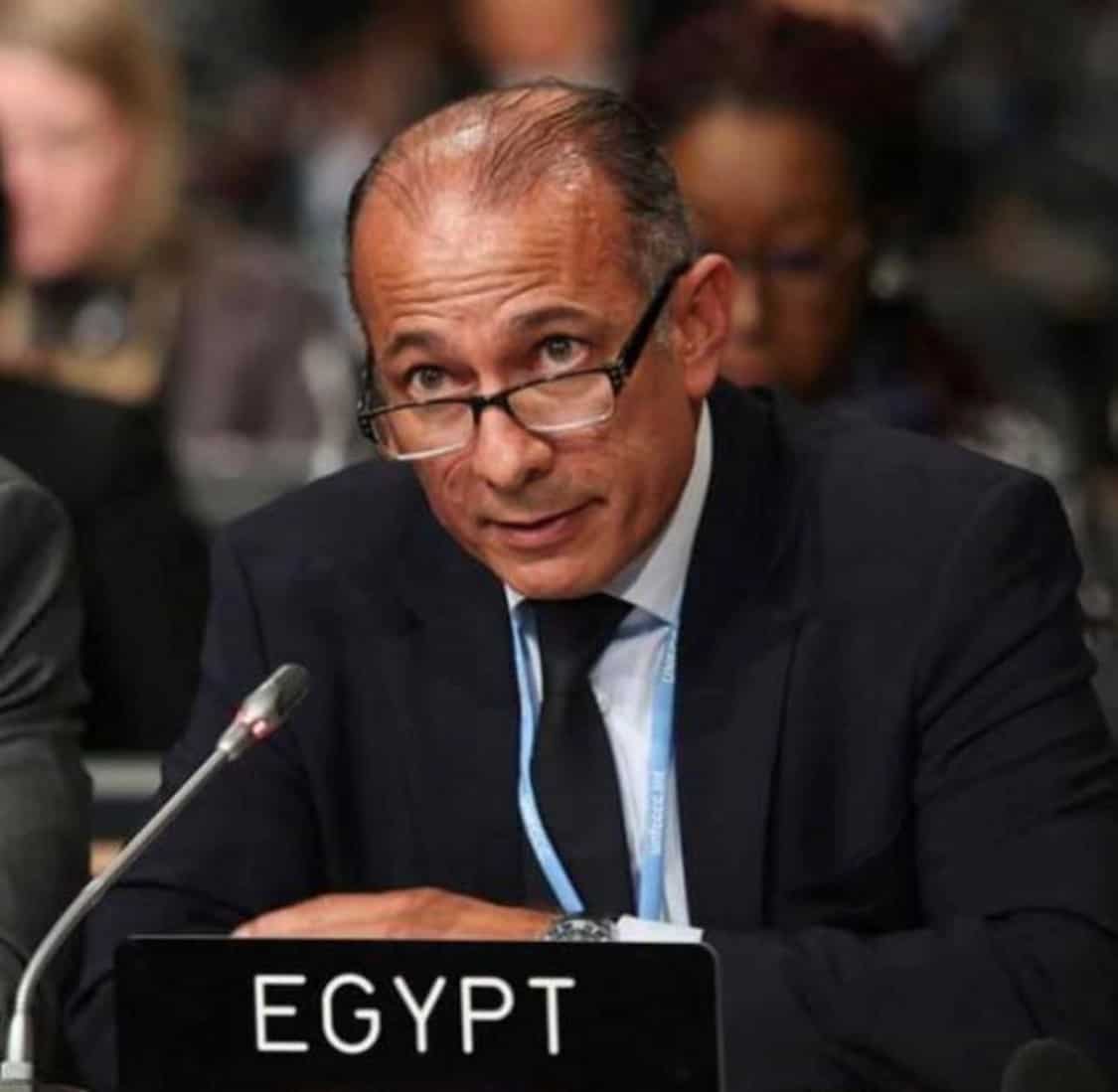The message was clear: if delegates to this week’s COP27 climate conference expect global greenhouse gas emitters to completely eliminate all uses of fossil fuel without support, it will be a difficult task.
The Ambassador and Special Advisor to the COP President-Designate, Wael Aboulmagd, says: “It’s essentially telling people to stop having energy, so we need to make sure that when we make a demand of a country, that it is a reasonable one that they can reasonably be expected to do without almost devastating development objectives and poverty reduction objectives.
“Even getting rid of existing power plants costs money, because there are lives and livelihoods of individuals that need to be retrained and reskilled to move to another sector.”
Aboulmagd says a tailored approach is needed, describing it as “what we ask Norway for example cannot be the same for Guyana.”
While it is already starting to sound like it is going to be a challenge for some Pacific delegates pushing for the elimination of fossil fuels at COP27, the good news is that “Loss and Damage” is one of the key themes of the meeting.
“Loss and Damage is clearly an important issue, and in all honesty, we’ve exerted every effort possible to ensure that this reality is reflected on the agenda, but ultimately, as anyone who follows multilateral diplomacy knows, this process doesn’t have a voting; it has to be a consensus, therefore, everyone has to be comfortable with the agenda item,” Aboulmagd says.
“We have reason to be hopeful, because a lot of effort has been put into it,” he continued
The subject of Loss and Damage is not a new topic, its importance saw an emergence of the Warsaw International Mechanism (WIM) for Loss and Damage at COP19 in 2013. This mechanism promotes the implementation of approaches to address the impacts of climate change.
It’s a topic that evokes a lot of emotion due to the severity of its effect on climate-vulnerable countries, like the Pacific region. Pacific Islanders are living with the devastation that is associated rise in sea level, changing weather patterns, etc. prompting passionate climate activists in the Pacific to demand a complete phasing out of fossil fuels and an end to fossil fuel subsidies.
According to the COP President-designate, the urgency and the gravity of the challenges at the negotiation table require a spirit of compromise, more empathy, and understanding of the predicaments from all sides.
“There are new technologies, unbelievable commitment from civil society, youth, they will be here and represented, and we need to capitalise on all of that to make sure that we make the necessary progress this year.”
But he says the public rhetoric needs to be matched by commitments in the negotiating rooms.
“I need to be very frank. We are on a path where political statements are very promising, pledges are made, and commitments to the global effort are made in front of the cameras.”
“In the negotiation rooms, we’re back to the adversarial approach, and we need to see a mirroring of the political will demonstrated by heads of state on various occasions at the General Assembly in New York and the Climate Week in New York at various events,” he stressed.
“All we heard were very promising and forthcoming positions; however, those will not be of value until and unless they are mirrored and translated into the negotiating room, and frankly speaking, that has not been the case thus far.”
